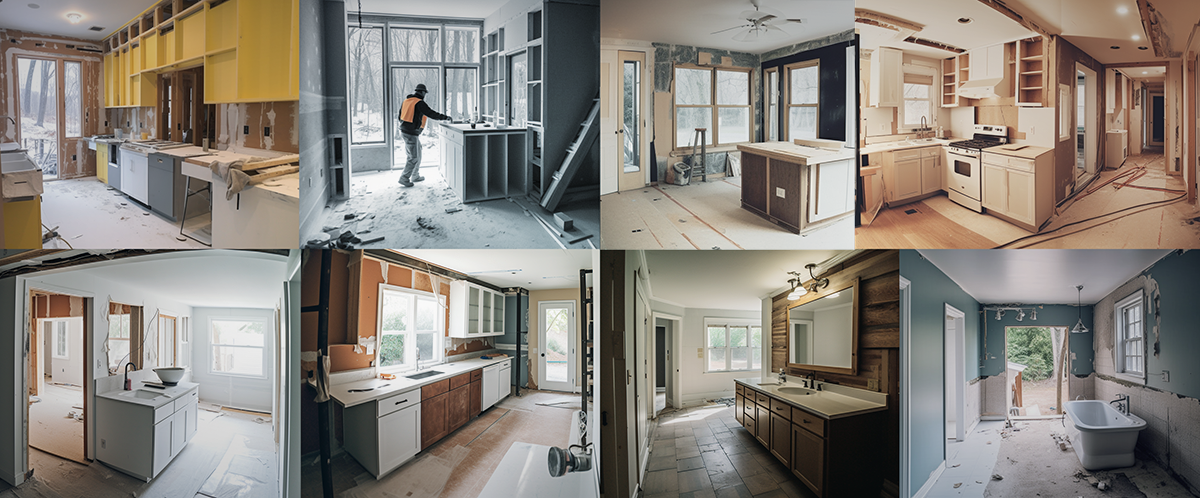Entering the realm of real estate investment may seem daunting for many aspiring investors, but an innovative, approachable strategy known as house hacking is making this journey significantly easier and potentially more lucrative. House hacking involves purchasing a multi-unit property, living in one unit, and renting out the others. It’s a simple yet effective tactic, allowing you to offset your living costs while simultaneously building your investment portfolio. In this extensive guide, we will delve deeper into the concept of house hacking and how it can pave the way for financial independence.
House Hacking: Understanding the Strategy
At its core, house hacking centers around the principle of leveraging real estate to reduce, or even eradicate, your housing expenses. The process begins with the purchase of a property. This isn’t just any property, though; you’ll want a multi-unit dwelling like a duplex, triplex, fourplex, or a single-family home with extra rooms or a detached living area like a guest house.
Once you’ve purchased the property, you occupy one of the units or rooms and rent out the remaining spaces. The tenants’ rental payments are then used to offset your mortgage, property taxes, insurance, and potentially even some utility costs, depending on the rental agreement. By house hacking, your housing cost can be significantly reduced, or in some cases, entirely covered, freeing up your income for other pursuits.
While the principle of house hacking is simple, it offers remarkable flexibility. For instance, your chosen property could be a small multi-family property, a single-family home with a finished basement or attic, or even a house with a rentable guest house in the back. This range of possibilities makes house hacking accessible to a broad array of investors and would-be landlords.
Diving Deeper into House Hacking
Let’s take a closer look at each step involved in the house hacking process to better understand this potentially game-changing strategy.
1. Finding the Right Property: The first step in your house hacking journey is to identify a suitable property. You need to find a property with separate living spaces that can be rented out individually while still offering a comfortable living space for you.
The property’s location is crucial. Not only will it determine your own quality of life while living there, but it will also significantly impact the ease with which you can attract and retain tenants. Factors such as proximity to schools, workplaces, public transportation, and amenities like shops, restaurants, and parks can all make your property more attractive to potential tenants.
In addition, the local rental market should be evaluated to ensure the potential rental income will cover your housing costs as planned. Reliable lenders like The Hard Money Co. can provide the necessary financial backing to secure an appealing property in a promising location.
2. Financing Your Purchase: As with any real estate acquisition, buying a property requires capital. Traditional mortgages can often be used for house hacking, especially since the property is intended to be your primary residence. However, investors may also consider leveraging other financing options like FHA loans, which offer lower down payments.
Partnering with a knowledgeable lender like The Hard Money Co. can help streamline this process, providing the necessary financial resources and guidance to secure a deal.
3. Understanding Landlord-Tenant Laws and Regulations: Before renting out part of your property, it’s essential to familiarize yourself with local landlord-tenant laws and regulations. This knowledge will help you navigate leases, handle any disputes or issues that may arise, and generally ensure that you’re managing your property in a legally compliant way.
4. Tenant Screening and Selection: Once you’re ready to rent out your additional spaces, finding the right tenants is crucial. A good tenant can make your house hacking experience smooth





